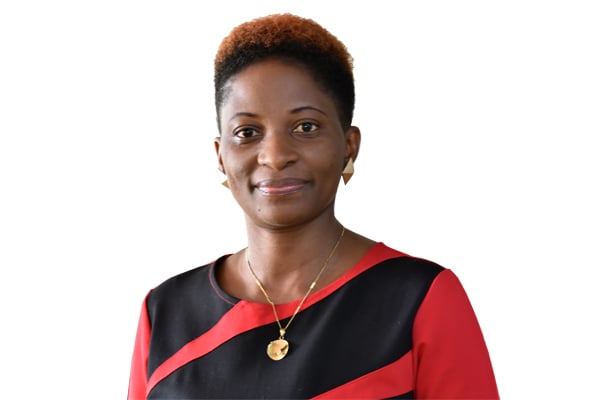Parenting has become a topic of focus in the modern era. Several parents are worried about the impact technology could have on their children having been exposed to it during the two-year lockdown occasioned by the pandemic.
There is a significant change in the behaviour of children (early teens) in the post-Covid era compared to the pre-Covid times.
I commend all the good lessons drawn from the pandemic experience among which include adaption and use of technology, for instance, the move from cash to cashless transactions, growth of the local e-trade, and e-learning.
From the learning perspective, let’s look at what exactly was learned by these angels that sat before screens in the hope of coping with the studies during the pandemic.
The pandemic perhaps gave us one of the longest vacations with minimal productive activities going on, as the adage has it, an idle mind is a devil’s workshop.
To the basics of learning, learning can take place incidentally based on what is observed within the learning environment.
In the longest vacation ever, we could perhaps say the children had a diverse ‘learning environment’ ranging from the neighbourhood and the digital environment.
Tackling the effect of these lessons requires a very critical eye independent of the present-day ‘my baby angel’ parent’s perspective.
Even then sociologists such as Cooley have put it clear that individuals will behave according to how they believe others view them, a reason every parent needs another set of spectacles to critically analyse the behaviour of their child.
Parents need to constantly find out how their children behave at school. They also need to watch how they relate with peers in the neighbourhood.
Undoubtedly the children were exposed to explicit content and violence from any of the said sources which they learnt incidentally and a number of them are still exposed to such content, especially if they are not in boarding schools where there is censorship of information.
Unfortunately, several parents have hesitated to regulate their children’s exposure to such information through the use of parental control for both the internet and televisions and purposeful supervision on the use of these devices.
To a larger extent, many children are low on skills such as critical thinking and resilience that would protect them from the risks associated with internet use and television content.
Of course, there is a lot to worry about if we are not bothered by this subject matter. One would arguably say it is what it is after all, why restrict them from what they have to know by the end of the day?
The problem arises, however, the accessed information has not been packaged for learning and so it is wrongly perceived.
Such harmful behaviour has been normalised amongst young people, for example, the day-to-day news on strikes and murders inculcate some aggressiveness among children.
Explicit content has been known to create drug addiction-like effects which translate into a sexually harassing society.
The reason we need to protect children is that if we fail to instill these morals, today’s perverted society is so hungry to consume the new generation into its ways.
As parents, we may have run short on some of these virtues we are expected to pass on to the next generation or even not have acquired them ourselves, schools and churches must brace themselves to redeem society in all ways possible.
Parents must keep involved in their child’s online activities, and know the password to their phones and whom they communicate with.
Children must be disciplined and there are several positive ways to do that such as setting limits, giving consequences, and keeping the children busy among others. Spanking children has been discovered to foster aggressiveness in them.
Most importantly, we need to reinforce what constitutes good discipline by giving rewards and castigating any forms of indiscipline.
No child is born a criminal, a baby is a book into which society writes and later reaps from the fruit of the lessons she taught it.

